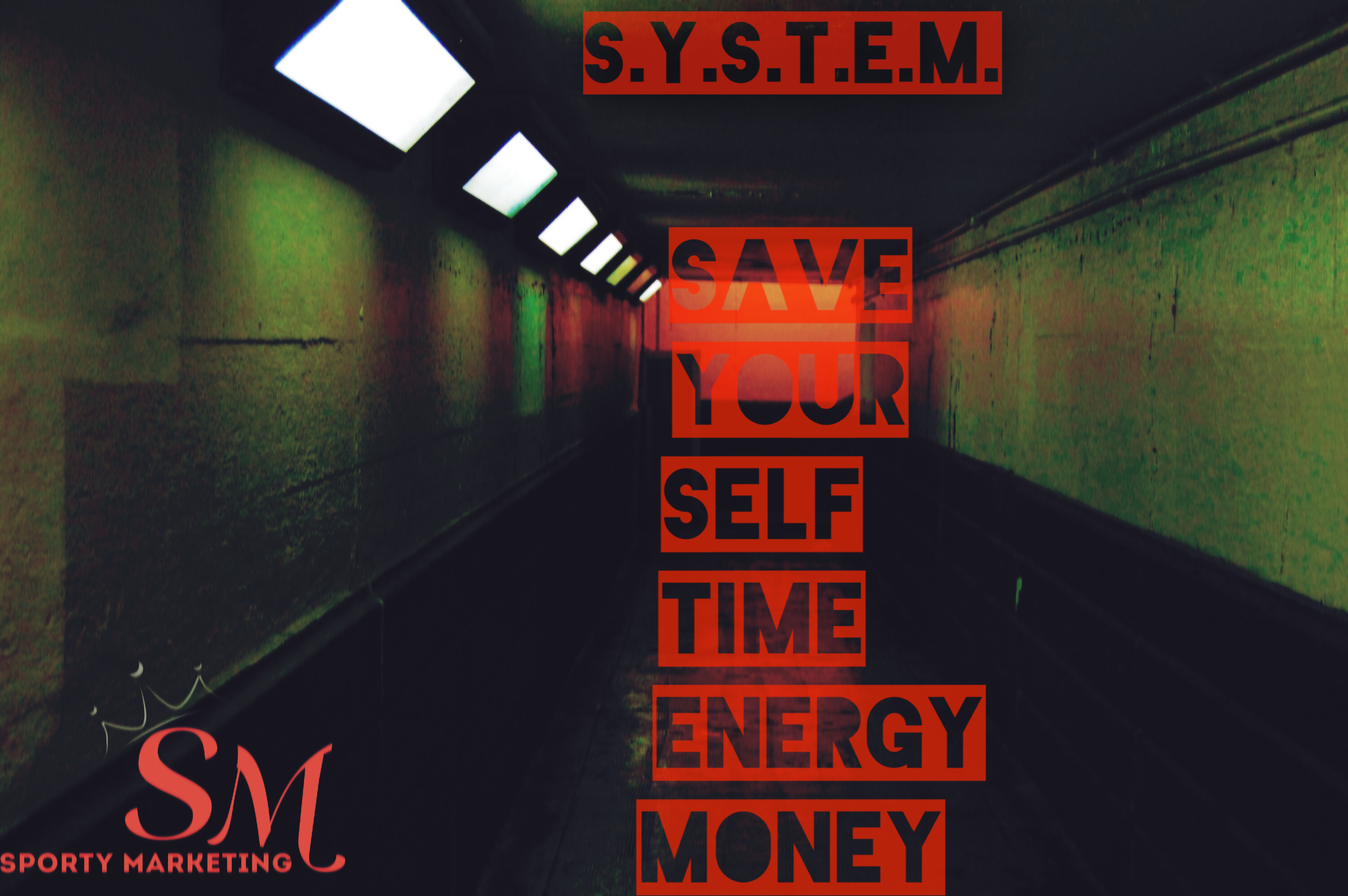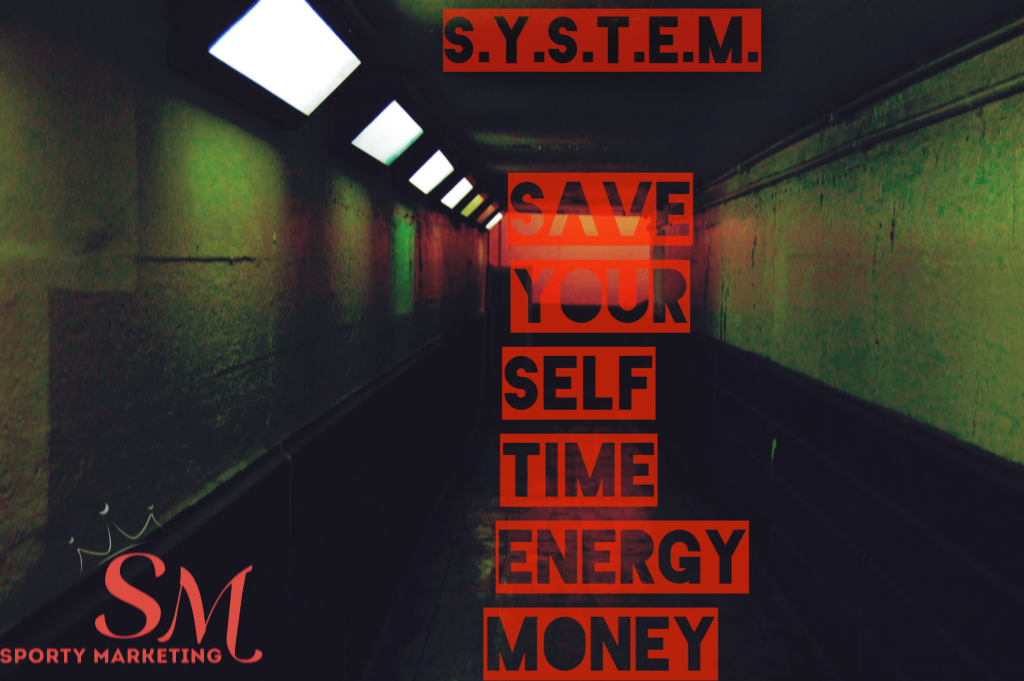A S.Y.S.T.E.M. for Thriving

The great Shakespearian actor, Sir Laurence Olivier, reached the peak of his career playing King Lear. After a phenomenal performance, the audience gave him a standing ovation that went on for more than half an hour. Sir Laurence took his bows again and again, left the stage, went to his dressing room, slammed the door and wouldn’t come out.
The stage manager said through the door, “Sir Laurence, you don’t understand. You did wonderfully! They’re still out there applauding, forty minutes after the curtain went down!”
Sir Laurence yelled through the door, “I know. I gave the greatest performance of my life. But I don’t know how I did it!”
That is the problem with not having a system or process. When we do well, we can’t be sure we’ll do it again because we don’t know how we did it. When we do poorly, we don’t know how to figure out what went wrong, which prevents us from fixing it easily.
Without a system, talent may shine through. We may succeed. We may be a shining star, but, more likely, we’ll just be shooting stars–fleeting and soon gone. With a system or methodology, we can become lasting superstars. Lance Armstrong has a system. Michael Jordan has a system. Donald Trump has a system.
Having a system doesn’t have to lock you down forever. You work the system and work on the system at the same time. When you get an idea that might make your system better, give it a try. If it’s an improvement, add it to your system. This is called continuous improvement. The best way to know how to do our work today is by making use of a system. We always do at least that well. And any day we do better, we can note what we did and improve our own system. This way, we keep getting better and better. Products get better, customer service gets better, and waste, hassle and costs all get reduced; business grows and becomes more profitable. We stay ahead of ourselves, and we stay ahead of the competition.
So for reliable success, we need to have a system, work the system, improve the system, and keep working the system. Systems also keep us accountable. Lance Armstrong doesn’t blame the weather, his competitors or his team. We can’t blame our competitors, customers, vendors or the economy. A system is all about the connection between what we do and the results we get.
In good economic times, those with a good system–and who work their system–will thrive. In bad economic times, working the system is the key to survival. The other option is burnout and bankruptcy, coming up a day late and a dollar short.
There’s an easy way to remember this–S.Y.S.T.E.M.:
Save
Yourself
Stress
Time
Energy, and
Money
To achieve lasting success and stay at the top of our game, it’s important to always be working, evaluating and improving our system as conditions change. And it feels good, too. Good systems ensure a flow without bottlenecks, backwater or stinking swamps. It’s working in the zone. And that’s a lot better than the alternative.
If we don’t get better, we get worse. The world isn’t going to stand still around us.

